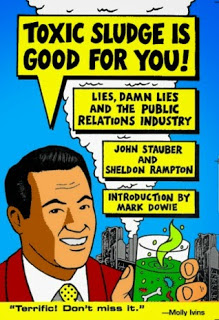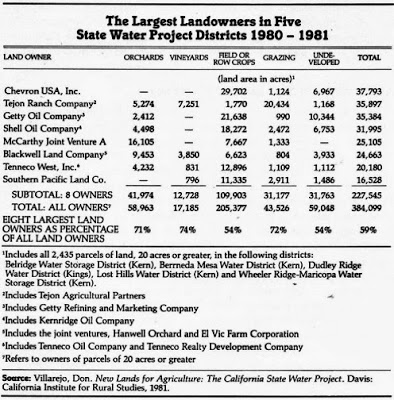Fracking Companies Selling Toxic Waste Water to Depserate Drought Farmers
In the midst of the troublesome California drought, innovation sprouts up, invention being the mother of necessity. But just like the aftermath of the BP oil spill, how often are people allowed to actually embark on saving the day, versus the insulting “solutions” foisted on the world by the very corporations responsible for part of the problem?
It should not then be surprising that companies like Chevron are extending their magnanimous offer of “crop water” in the form of fracking waste chemicals – for a price, of course.
If one didn’t know any better, it almost appears that we are systematically being undercut and sickened to death (she said sarcastically). After all, we already use our own baked sewage sludge to fertilize non-organic crops. And no, the treatment does not stop heavy metals, hundreds of chemicals, drug residues and stomach virus that reside on or within the plants. That’s why the name “biosolids” was picked for the practice.
Widget not in any sidebars
Care2 reports that Big Oil has farmers over a barrel, so to speak. To the tune of of 21 million gallons of waste water per day — sold to Kern County for farming for $30 per acre-foot, and potentially damaging the end product – our food. Untreated, untested. They are getting rich, while normally they’d be required to pay for disposal.
Scientist Scott Smith conducted independent tests on the waste water only to find “traces of oil as well as high concentrations of methylene chloride (considered a carcinogen) and acetone in the water.” Chevron denies that they use those chemicals, hides behind “trade secrets” and claims safety. It is also unfortunately salt-ridden.
Wait, how are these companies able to frack up California’s wazoo in the midst of a crisis (8 barrels of water to 1 barrel of oil), and pollute farming groundwater?
They own larges chunks of the land! Sort of conjures up that one scene from There Will Be Blood. (Nearby farmland be damned – source)
 But more than that, farmers are desperate for any water source. Chevron tops the list above – waste water is just one way to double-dip. From the looks of the table, it appears they might simply be using the waste water for their own corporate cropland as well…something to think about.
But more than that, farmers are desperate for any water source. Chevron tops the list above – waste water is just one way to double-dip. From the looks of the table, it appears they might simply be using the waste water for their own corporate cropland as well…something to think about.
For some, that revelation might pose an ethical obstacle – oh, private property, in that case we can’t complain. I’ll give you two reasons to complain. Owning land does not give a company the right to poison it, but especially not the right to destroy nearby land – i.e. poisoning crops. They are responsible for the waste they produce, as unfortunate as it is to produce toxic materials at all (again, we need innovation). Furthermore, being a corporation should not be a “Get Out of Crisis and Profit-for-Poison Free” card. And for all this talk of cutting energy use and reducing footprints – these companies create prints that would scare Godzilla. Yet, regulators and politicians are encouraging the recklessness. No testing necessary.
But selling the waste water for crops? Like it’s an act of generosity? Now is that just plain absurd or full-blown psychopathic?
Definitely check out this essay and this blog post for more sources and information.
Also see Food Not Fracking.
Heather Callaghan is a natural health blogger and food freedom activist. You can see her work at NaturalBlaze.com and ActivistPost.com. Like at Facebook.





